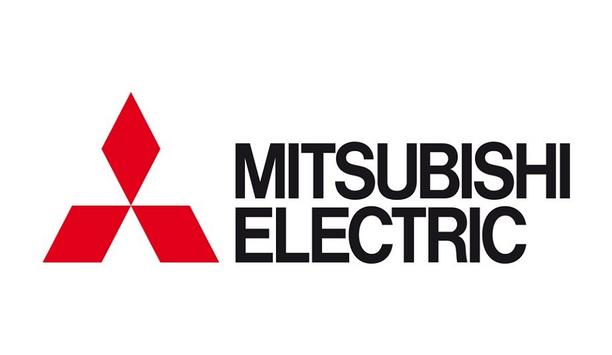The Heating and Hotwater Industry Council (HHIC) announced that landlords must contribute up to £3,500 to upgrade their inefficient rental. Although HHIC still believes that the landlords need to do more.
The funding cap is an increase of £2,500 that was previously put forward by the Government after HHIC proposed that the cap should be set at £5,000. The Government’s plan to cap spending at £2500 would have only helped 30% of houses reach EPC band E, whereas a cap of £5000 would lift a substantially higher number to this banding. The government predicts that a cap of £3,500 will affect 290,000 properties.
Improving EPC Ratings
Stewart Clements, Director of the HHIC, said: “When Government and industry - ‘those in the know’ - work together then the resulting outcomes are better. I am pleased that the government has recognized that legislation is required in the rental sector to improve EPC ratings. The figure of £3,500 improves upon the suggested £2,500 which would have only helped 30% of homes improve upon their EPC rating.” Insulation alone will not keep a home warm; you need an efficient heating system too
“Having said this, HHIC still believe £5,000 is the correct level for the cap, as it would help close to 60% of cold, inefficient (band F and G) homes reach the required EPC level. This is because, the cost of installing a new central heating system can amount to £4000, which is £500 above the new cap level. Insulation alone will not keep a home warm; you need an efficient heating system too. And gas central heating is the most obvious solution.”
Preventing Cold & Damp Homes In Rental Market
Clements continued, “Aside from the debate on the numbers, this decision does open up a wider debate on the duties landlords have to their tenants.”
“The amount that tenants pay for rent is often their largest outgoing, yet is one of the least regulated markets in the UK. HHIC believes that like every business and service provider, landlords should be regulated by similar laws to every other market in the UK. This would prevent cold and damp homes from entering the rental market.”
National Energy Action (NEA) reports that 4 million UK households were unable to heat and power their homes adequately, and such high levels of fuel poverty are a significant contributor to 28,584 excess winter deaths in England and Wales each year.

















